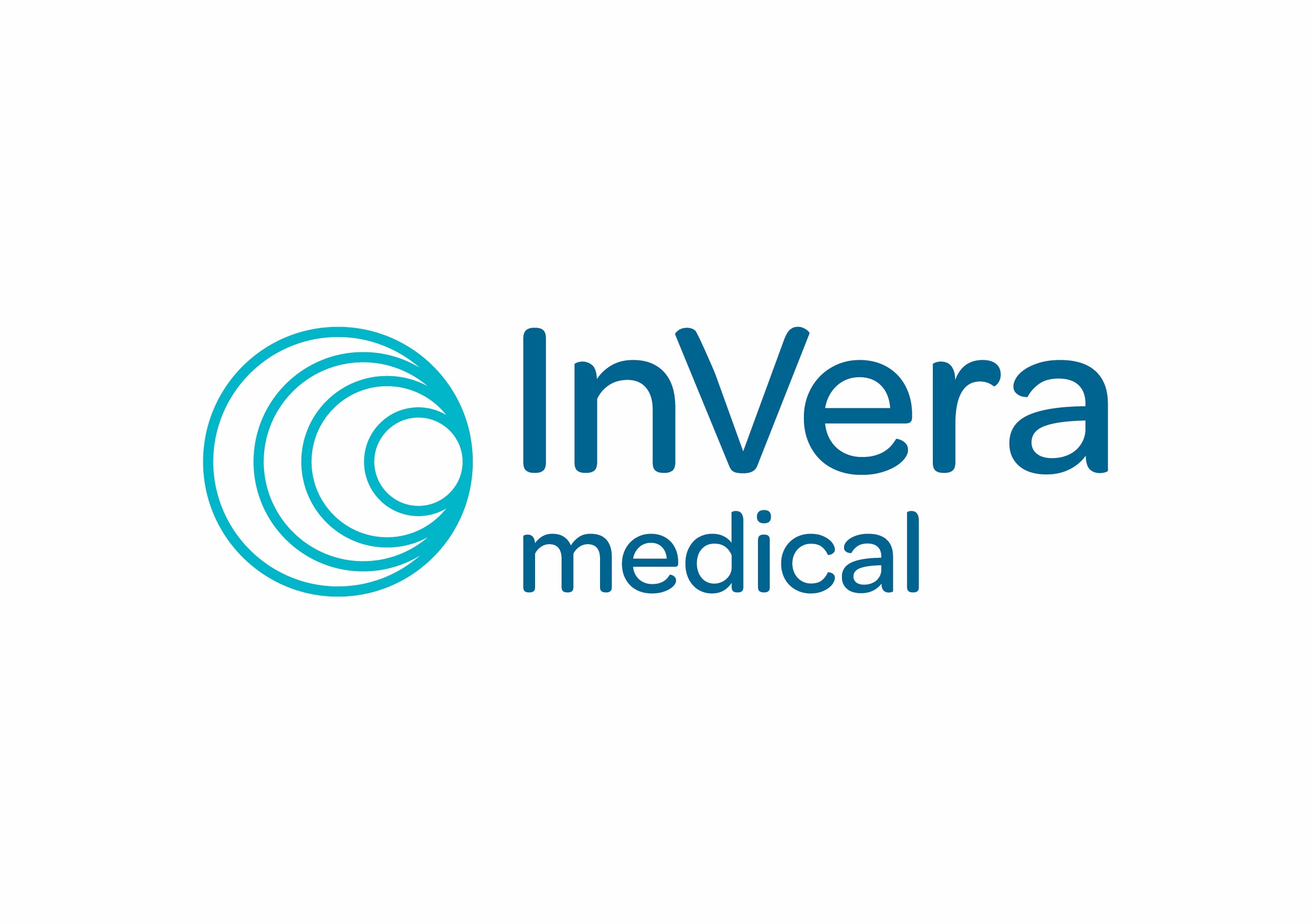Dive Brief:
-
Cue Health has raised $235 million to accelerate the growth of a business built on a rapid, portable testing platform.
-
The COVID-19 pandemic put Cue, founded in 2010, on the map by helping it to raise $100 million, receive a $481 million government contract and bring products to market.
-
With the fresh funding, Cue plans to develop a broad menu of tests and incorporate them into a care pathway that includes physician consultations via telemedicine.
Dive Insight:
Cue's activities are still underpinned by rapid testing technology it developed and refined using a single-digit series A financing round, $45 million series B investment and government support. The central goal then, as now, was to facilitate the rapid delivery of diagnostic information at home, work and the point of care.
COVID-19 gave Cue an opportunity to accelerate and expand its plans. Cue received emergency use authorization for its portable, point-of-care COVID-19 test in June, before going on to secure money to scale up manufacturing of its battery-operated reader and associated cartridges. In March, Cue became the first company to win an EUA for an over-the-counter, at-home molecular test.
Financial updates from public companies such as Abbott and Quidel suggest the U.S. market for rapid COVID-19 tests has softened in recent months. Yet, Cue has still expanded its investor syndicate to raise its biggest financing round yet.
New investors Perceptive Advisors, MSD Capital and Koch Strategic Platforms participated in the round with the support of existing backers including Johnson & Johnson Innovation. MSD is the firm that manages the capital of Dell Technologies' founder Michael Dell.
The size of the round and identities of the investors suggests Cue's next step may be public markets. Perceptive and MSD have both previously made pre-IPO investments. One of MSD's recent private life science investments went public six months after its private round. MSD recently set up a special purpose acquisition company that will provide a company with an alternative path to public markets.
Cue has plans that may require additional capital in the future. The San Diego-based company wants to build an offering that spans respiratory health, sexual health, cardiac and metabolic health, women's health, men's health and chronic disease management. Rather than just provide tests, Cue wants to "enable end-to-end care journeys from diagnostic tests to physician consultation via telemedicine through to intervention."
Other diagnostic companies are also viewing their products in the broad context of a world in which the pandemic may have permanently reshaped how healthcare is delivered. Color, for example, is seeking to build "a national technology-based public health infrastructure" around its tests.













